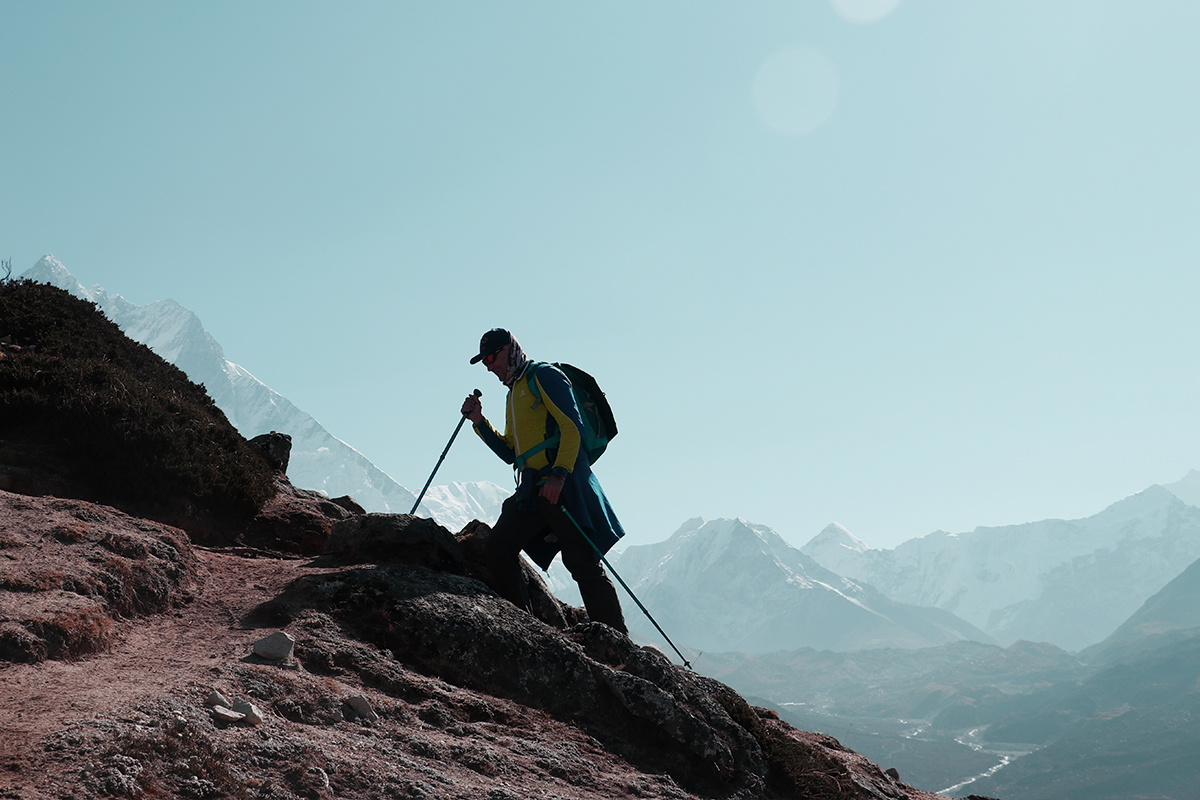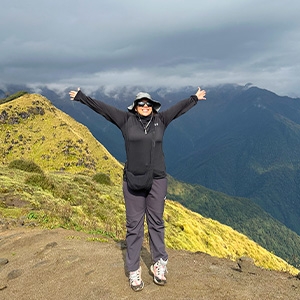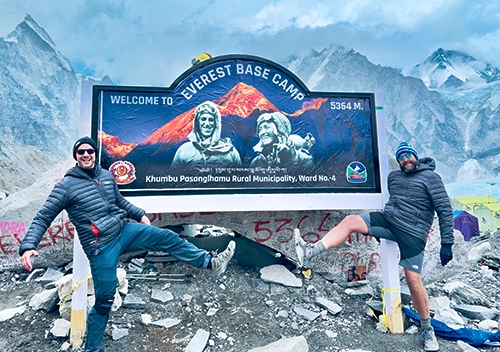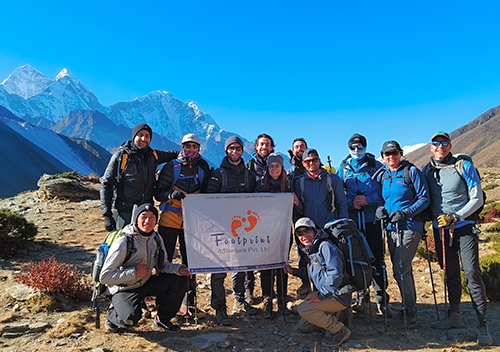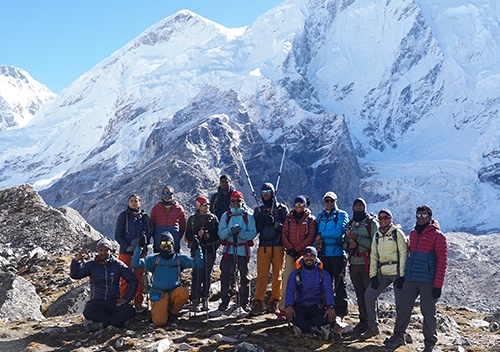1. Is there a specific age limit for trekking to Everest Base Camp?
There is no government or official age limit for trekking to Everest Base Camp in Nepal. The trail is open to anyone who is physically healthy and well-prepared regardless of age. Successive generations of trekkers across all age groups, ranging from young children to experienced senior citizens have successfully ascended to the Everest Base Camp. However, while there are no upper age limits for the law, most responsible trekking companies and guides have sound practical safety practices. In general, they suggest a minimum of around 10 years of age, and they suggest a careful approach for anyone over the age of 65, especially if there are pre-existing health concerns or a lack of high-altitude experience. Such regulations exist to help preserve the health and safety of the trekkers, rather than arbitrarily disqualify them.
High-altitude trekking like on the EBC route poses risks to anyone, but especially to children and older individuals, in terms of the effects from reduced oxygen levels, extreme weather conditions, and physical stress. Conversely, being older is not always grounds for ineligibility. Rather, emphasis should be placed on one's personal health, physical condition, mental toughness, and capability to acclimatize adequately. Most senior citizens in their 70s or even 80s have made the trek safely with proper preparation, medical check-ups, and assistance personnel. Likewise, young trekkers who are well-prepared, experienced hikers and are closely monitored by their parents can also reach Everest Base Camp. Similarly, while there is no specific age restriction, medical guidance, and proper planning should be determined before opting for high-altitude treks like the Everest Base Camp Trek.
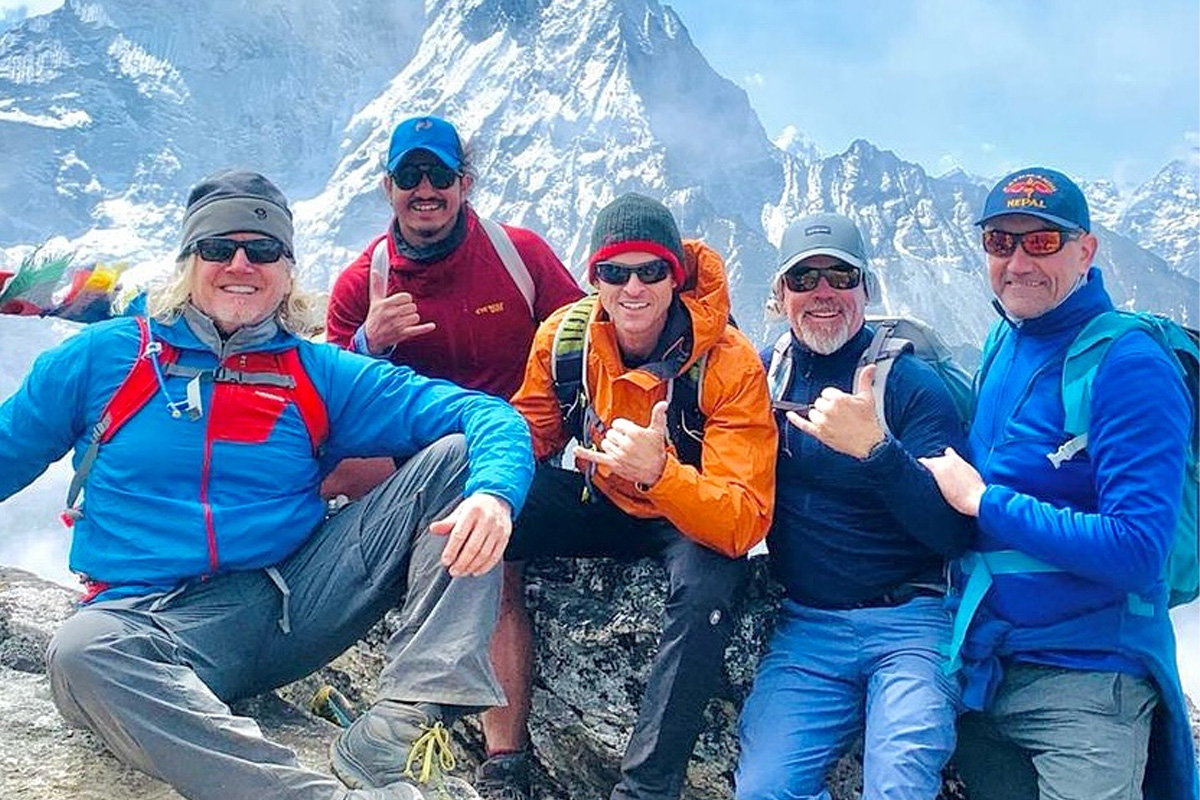
2. Recommended Minimum Age for Everest Base Camp Trek
Although there is no legal minimum age to trek the Everest Base Camp, the experts and seasoned climbers recommend that children be at least 10 years and above before one can try it out. However, it's not a matter of law but depends on a series of physical and psychological considerations. Young children tend to have low stamina to withstand hours of walking for days or the emotional resilience to manage unreliable factors such as altitude sickness, fatigue, or bad weather. Moreover, their symptoms of altitude illness are not yet easily identified, and therefore their guardians may not react in time.
3. Recommended Maximum Age for Everest Base Camp Trek
There is no officially defined upper age criteria for the Everest Base Camp (EBC) trek. Trekkers in their 70s—and even a few in their 80s—have successfully reached the Everest Base Camp. Age, by itself, is not a barrier to reaching the base camp of. But, the most critical factor is the individual's physical condition, underlying medical conditions, high-altitude history, and ability to adapt by acclimatizing effectively. Medically approved and mentally prepared active older individuals can enjoy a very successful experience.
4. Physical Fitness VS Age
Physical fitness is much more important than age for the Everest Base Camp (EBC) trek. While endurance is, to a certain extent, influenced by age and recovery is also impacted by it, the question of being able to carry out the trek successfully is not based on it. The EBC trek is classified as a moderate to difficult trek, not a technical one requiring mountaineering skills, but one that is physically challenging due to its duration, height, and tough terrain. Trekkers typically walk 5 to 8 hours per day for nearly 12 days, covering a distance of approximately 130 kilometers (round trip) and reaching an elevation of more than 5,300 meters. This kind of intensity requires adequate preparation, be it at age 15 or 75.
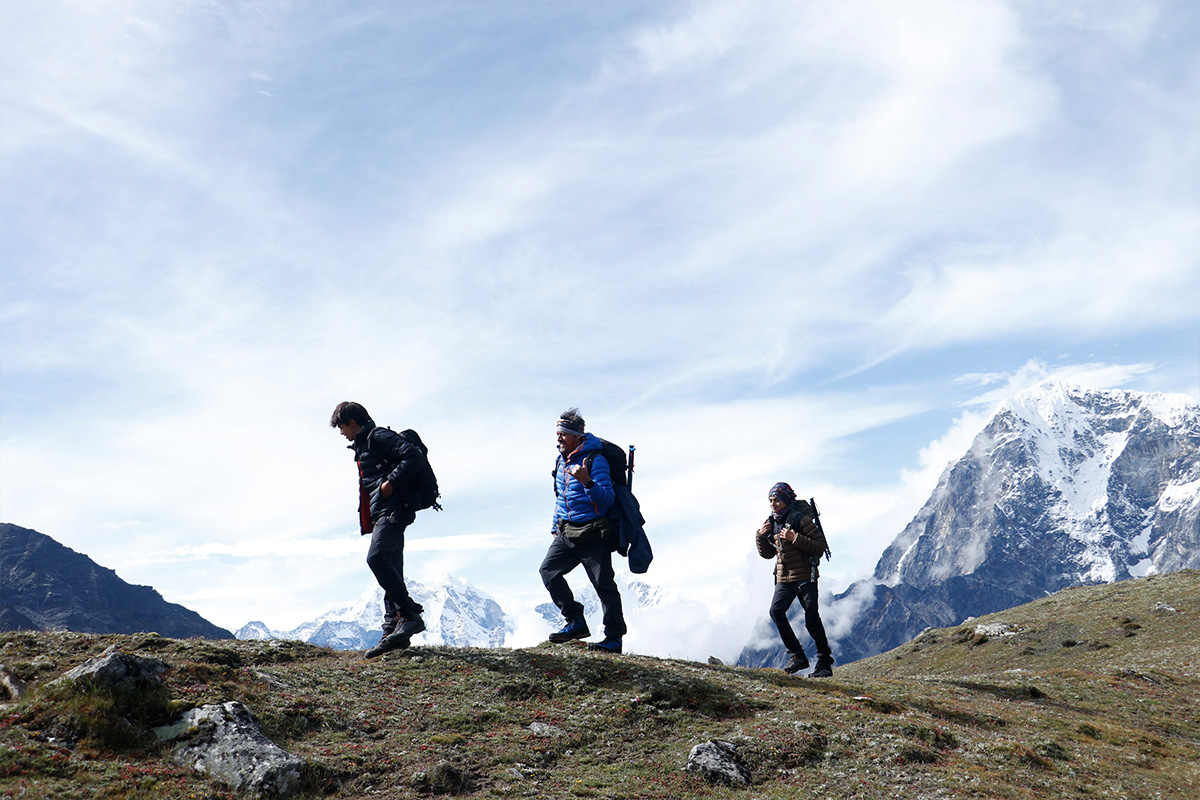
To get by with the demands of the EBC trail, everyone of any age must possess basic physical capabilities. Good cardiovascular health is essential, as lower oxygen levels in high altitudes mean the heart and lungs must work harder. Trekkers must also have strong legs and flexible joints to be able to get by with steep hill climbs, rocky terrain, and long hours on foot. The capacity to walk on uneven ground for several days, at times in windy and cold weather, is essential for enjoyment and safety.
Proper physical preparation should start several months in advance. A well-rounded training program is recommended, including regular hiking with a loaded pack to simulate in-trail conditions, strength training specifically for legs and core, and aerobic conditioning such as swimming, cycling, or running to build stamina. Stair climbing and hill repeats can also be highly beneficial, especially if you live at or near sea level. For elderly individuals, activities like brisk walking and resistance training might be more suitable and practicable but should be maintained consistently and progressively.
5. Altitude Consideration for different age groups
Altitude is probably the greatest challenge of the Everest Base Camp (EBC) trek. EBC is 5,364 meters (17,598 feet) above sea level with an oxygen level about 50% that of sea level. The significant decrease in oxygen leads to Altitude Sickness, or Acute Mountain Sickness (AMS), to affect trekkers regardless of their age, sex, and physical condition. However, the body's reaction to altitude is age-related, and one needs to understand these differences in order to trek safely and successfully.
I. In Children:
Physiology of children enables them to acclimatize to high altitudes, but the main problem is that they cannot identify or communicate early onset symptoms of AMS such as headaches, dizziness, nausea, fatigue, or breathlessness. The children may also combine these symptoms with general fatigue or starvation, and parents or leaders may find it hard to assess their status properly. Further, their bodies are yet to develop, and excessive cold or tiredness will hit them harder. Hence, constant observation, gradual ascent, and extra care are compulsory while trekking to EBC with kids.
II. In Senior Citizens:
While many elderly people successfully do the EBC trek, physiological alterations related to aging can minimize them by acclimatizing well. They can include reduced respiratory adaptation, reduced cardiovascular efficiency, and reduced kidney function, all of which hinder appropriate adjustment to less oxygen. Senior Citizens Trekking to EBC may also be taking medication for conditions like hypertension or diabetes that could interact with altitude or medications like Diamox (acetazolamide), a popular medication used to avert AMS. Age alone does not increase the risk of altitude sickness, but these risk factors make planning and consultation with a physician essential.
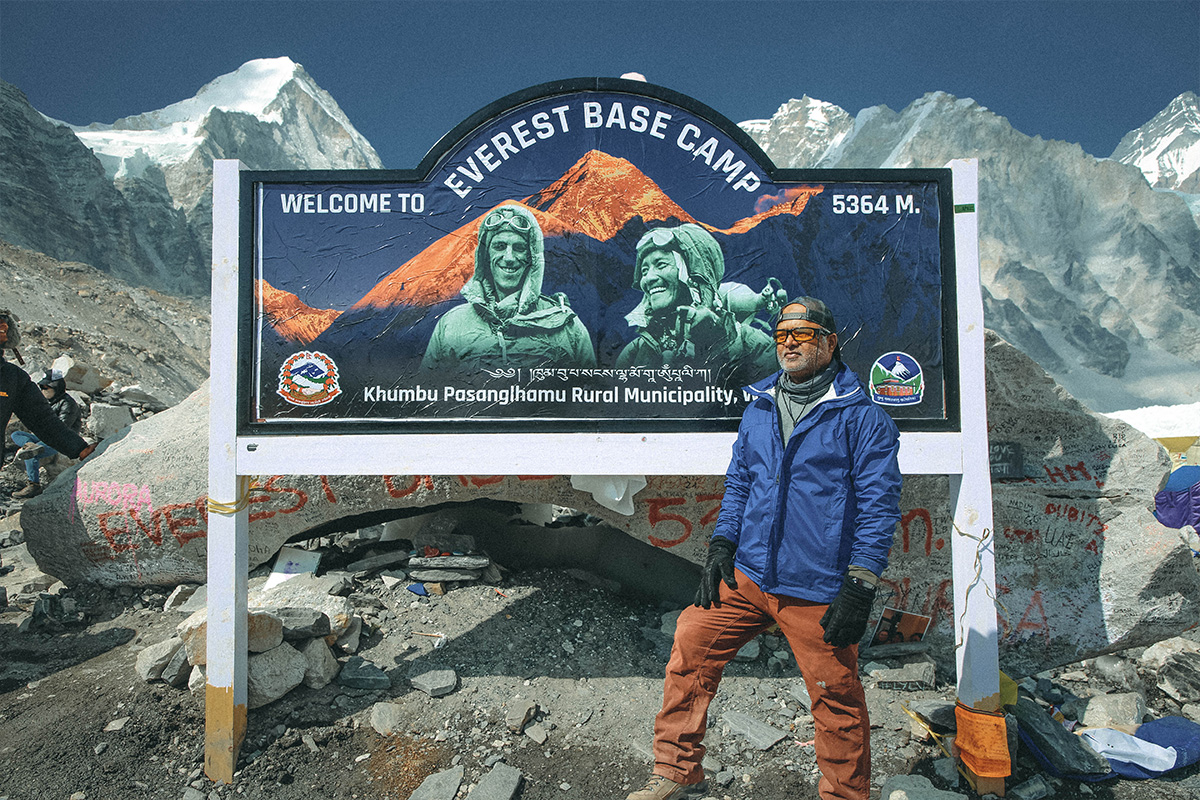
III. Acclimatization for All Ages:
- Good acclimatization is the best protection against altitude sickness at any age. This means:
- After an incremental ascent regimen with rest or acclimatization days at main points (e.g., Namche Bazaar and Dingboche)
- Keeping well hydrated, dehydration can worsen the symptoms of altitude sickness
- Avoiding alcohol and strenuous exercise, especially on early days at high altitude.
- Monitoring carefully for symptoms, using aids like the Lake Louise AMS scoring system, if needed.
- Descending immediately (around 400-500 m) if acute symptoms appear such as rest shortness of breath, confusion, or loss of coordination.
Whether trekking as a child or older, the key is not to rush, remain well-educated, and pay attention to the body's response at each stage of the climb. With good planning and safety measures in place, people of all ages can experience a safe and exciting journey to Everest Base Camp.
6. Parental Supervision and Guide Support
As long as trekking to Everest Base Camp with kids or elderly family members is involved, parental support and professional guide services are simply a necessity. The trek is not just long walking hours and hard ground but physiological stress from high altitude too. Having a support mechanism that is well-equipped easily increases safety as well as success rates.
I. For Children:
- Children below the age of 10 may be able to reach EBC but with close parental supervision. This involves:
- Parents/guardians monitoring early indications of fatigue, dehydration, or altitude sickness as children may not comprehend or report what they're feeling.
- Children may need more rest stops, fewer hiking days, and more acclimatization stops.
- Parents also have to contend with psychological issues—children will become homesick, bored, or intimidated by frigid weather and basic teahouse amenities.
- It's good to have at least one adult for each child, especially in case of emergencies.
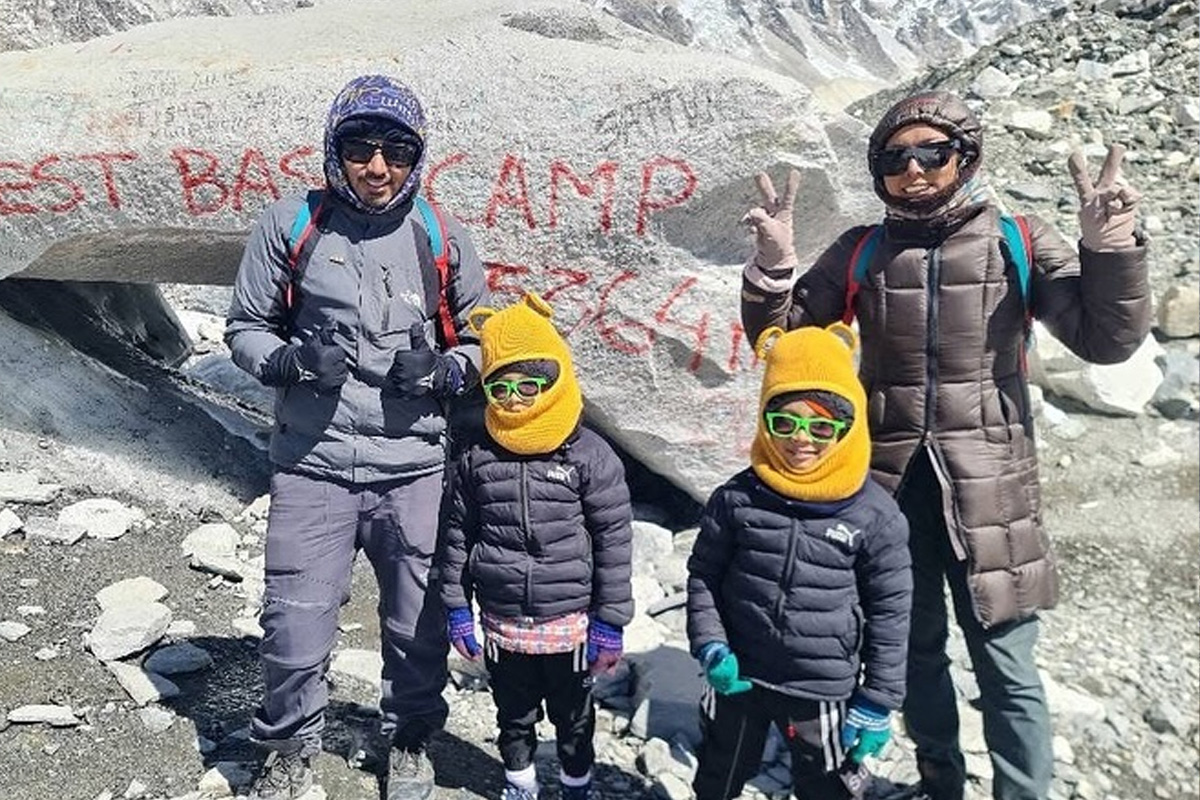
Parents also need to ensure that their children are:
- Properly equipped with warm gear and essentials
- Insured with adequate coverage
- Psychologically conditioned with pre-trip discussions and conditioning hikes
II. For Elderly Trekkers
- Senior trekkers may be physically and capable of being fit, but can really benefit from the services of a guide due to the medical and physical complications which arise at high altitude. Guides can:
- Assistance with daily trek planning, at a pace suitable to the ability of the trekker
- Monitor symptoms of poor health and enable early detection of altitude sickness
- Assist carrying equipment or arrange porters, reducing physical fatigue
- Be an emergency lifeline, organizing helicopter evacuation or medical aid if needed
For solo elderly trekkers or couples 65 years and older, it is highly recommended to hire an experienced guide, preferably a wilderness first aid certified and altitude management certified guide. Group treks can also be aided by community and mutual responsibility.
III.Role of Guides for All Ages
At any age, a trained guide adds safety and pleasure to the trekking adventure. Guides facilitate:
- Route navigation and logistics
- Language interpretation and culture explanation
- Reservations for good teahouses and dining
- Group health management and scheduling acclimatization
- Informed decisions during weather changes or an emergency
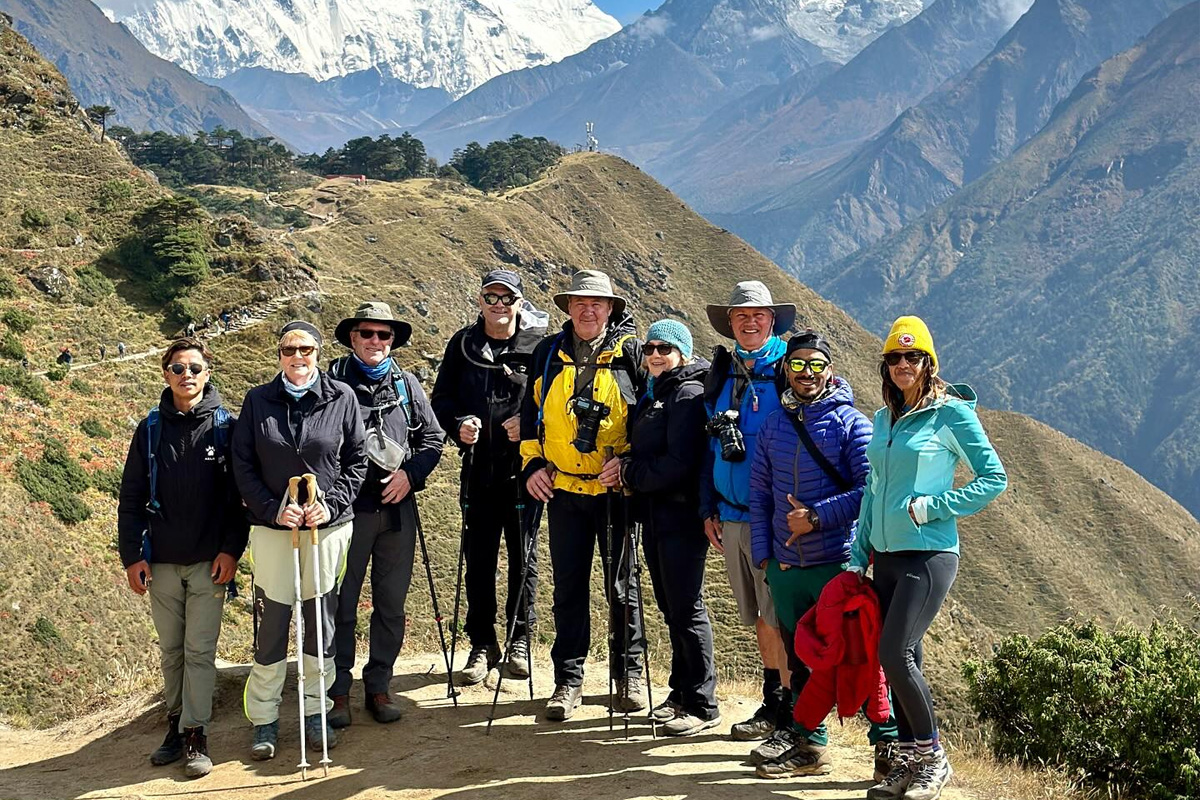
Conclusion
In short, age must never be the deciding factor for whether to attempt the Everest Base Camp trek or not. It is not a barrier, but one of various considerations to keep in mind as part of your preparation. The true challenge of your ability lies in your health, strength of will, and resilience in overcoming the challenges of high-altitude trekking. A fit and self-motivated 65-year-old can easily outrun a poorly trained youngster or one who lacks the difficulty of the trek. Adequate preparation, the correct mindset, planning, support, and the EBC trek is open to nearly anyone—irrespective of age.
If you're considering undertaking this once-in-a-lifetime trek, book your Everest Base Camp Trek with Footprint Adventure. Our experienced guides, flexible itineraries, and support staff ensure your trek to be safe, fun, and tailored to meet your needs—no matter what your age is. Let us make your dream come true.
FAQs
Is there any age limit for EBC Trek?
No, there is no official age limit for the Everest Base Camp Trek. Trekkers of both young and old age groups have successfully completed the trek. However, age-related factors such as physical health, mental resilience, and ability to acclimatize to high altitude must be considered before planning the trek.
Can I do the Everest Base Camp Trek with my kids?
Absolutely, you can trek to EBC with your children depending on the physical and mental preparedness and endurance to walk long distances for days. It is highly recommended for a minimum age of about 10 years, itinerary with extra rest days and minimum walking pace of the children.
How old is too old for EBC Trek?
No age is "too old" if one is healthy and physically fit for the Everest Base Camp Trek. People in their 60s, 70s, and even 80s have made it successfully. It is recommended that they undergo a full medical check-up before the trek, go at a slower pace, and allow more time for acclimatization, and should be accompanied by experienced porters and guides.
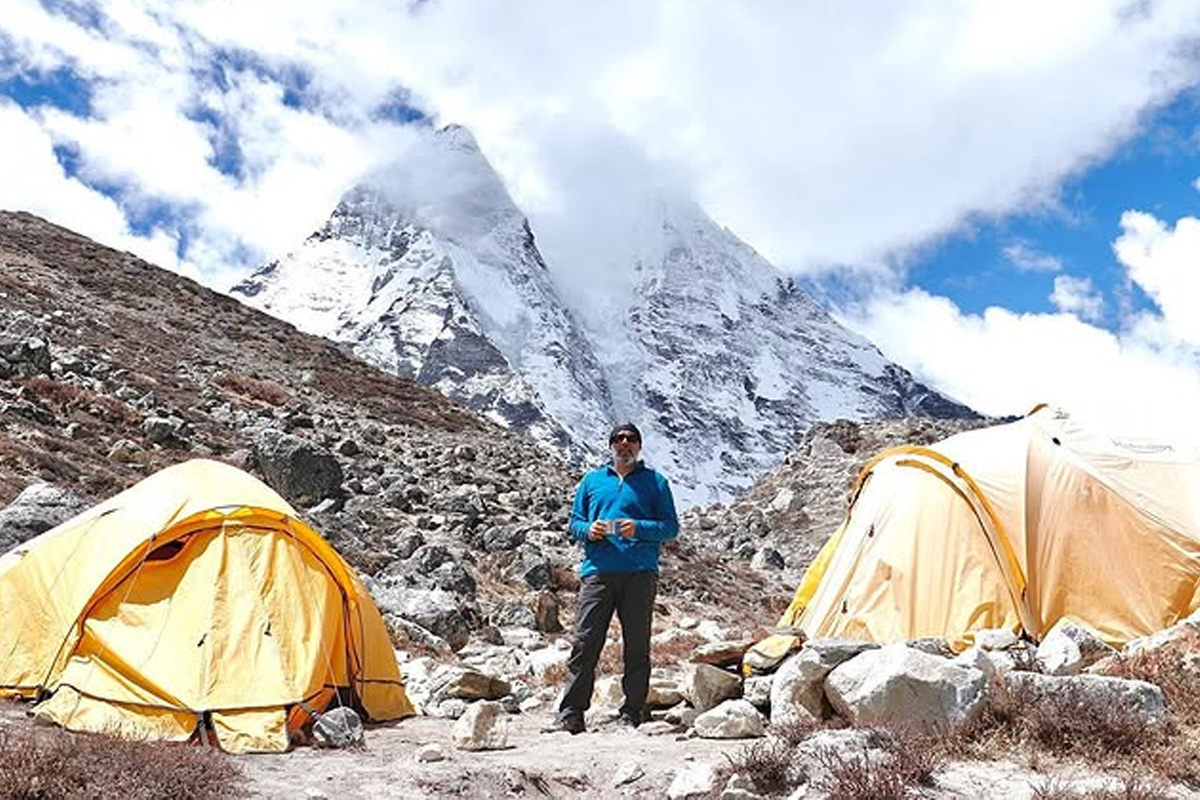
Is a permit required for kids to trek Everest Base Camp Trek?
Yes, all trekkers, including kids, will require permits for the EBC Trek. Kids will need the same ones as adults: a Khumbu Pasang Lhamu Rural Municipality Entry Permit and a Sagarmatha National Park Permit. The permits are easily manageable if you are booking through a registered local trekking agency.
Are there special considerations for senior citizens trekking in the Everest Region?
Yes, senior citizens are highly recommended to take some special caution such as consulting a doctor, getting a personalized trekking itinerary with more rest days, and not wearing themselves out physically. Hiring a guide, having a porter, and being well acclimatized is all highly recommended. Also carrying the required medicine and understanding the early signs of altitude sickness is extremely important.
Is EBC Trek suitable for kids?
Yes, children can attempt the EBC trek if they are experienced in outdoor activities and physically active. The trekking has to be done very carefully with good acclimatization, rest, and support. Parents are highly recommended to monitor their kids closely and make sure that they are warm, comfortable, and safe at all times.
Should I worry about my age to trek to EBC?
Your age in itself should not discourage you from attempting the Everest Base Camp trek. What is more significant is your health, physical stamina, mental resilience, and proper preparation. Be young or old, if you prepare well and exercise proper precautions, you can complete the trek safely and in comfort.
